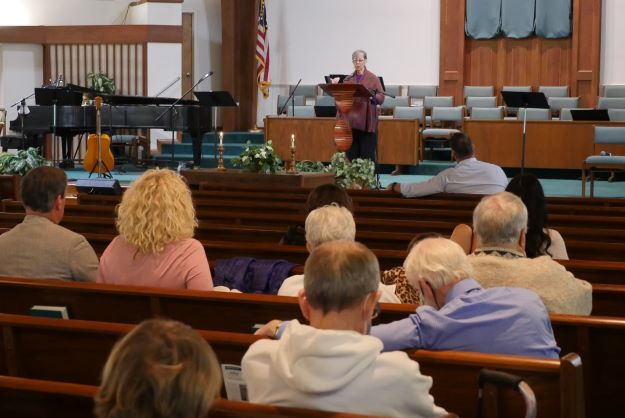One of the most important aspects of communities, especially churches, feeling a sense of unity is a shared sense of purpose. Indeed, when people agree on a common purpose, some of the other things that can bog a church down begin to fade in importance as a sense of what God is doing in the church moves to center stage. At Central a new sense of purpose is emerging, and I hope that you will come and see what it is all about.
Since its inception, Central has been committed to helping those who have struggled with alcohol and drug addiction get back on their feet. At different points in our history, it has been a central part of who we are, and at other times, it has been more on the “back burner.” But it has never left us. It is who we are. We have always had AA and ALAnon groups that have met at the church, but recently, with the addition of our Connections gathering on Wednesday nights, we have begun to build a bridge to help folks in recovery begin to find a spiritual foothold for their lives. You can read more about that in the Herald if you like.
What is new is that in the last two months, we have been approached by a group called the Recovery Café Network, whose goal is to help people just starting in recovery, or dealing with mental health issues, or those who have struggled with homelessness to become more stable in their lives. I encourage you to do an online search to see what kind of organization it is. The local chapter is sponsored by the Drive-in Church, but they have asked to rent space from the Marchman building where the actual Café will be located. More details will be coming soon as we hope to bring it to the church for a vote within the next month.
But when you begin to put the puzzle pieces together, it seems that we are regaining a sense of purpose as a church, one that we can be excited about, because lives are being changed, and we are seeing more and different people on the grounds of the church. When we look back at the history of our church, the “golden years” were filled with ministries that made a difference in the lives of people, from the counseling center, to being the founding organization of the Stewart Marchman center, to the camp, and so on.
As this sense of purpose begins to resurface, I can’t help but wonder if there aren’t more “golden years” ahead for us. They’ll be different than before, but no less special. I hope that you will commit, in your own way, to supporting that purpose, that story, whether it is being in Sunday worship or Connections on a regular basis, re-committing a portion of your resources to the church, or some other way of involvement.

